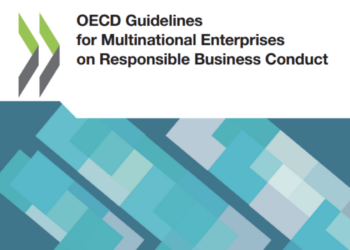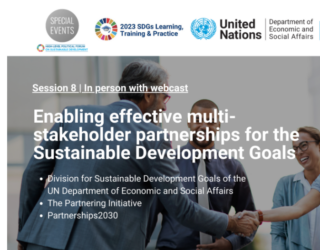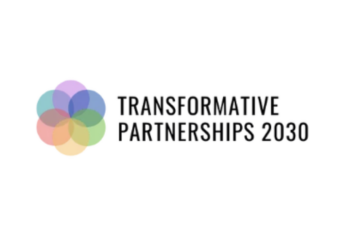The Multi-Stakeholder Partnership (MSP) Alliance for Integrity (AfIn) will address the challenges of corruption in global value chains on June 22, starting at 10:00 a.m. (CET), and discuss it together with experts. You can follow this in the livestream or rewatch it in the recording afterwards.
They will demonstrate how partnerships with partner countries can be used to fight corruption. This can contribute to compliance with supply chain, human rights and environmental protection requirements. The focus will be on actors from the Global South. Different actors from different regions will have their say and share their experiences and approaches to prevent corruption.
Here you can find more information about the conference.
Here you can follow the livestream from 10:00 am. Afterwards, you can access the recording there.
The conference is hosted by the MSP Alliance for Integrity.



